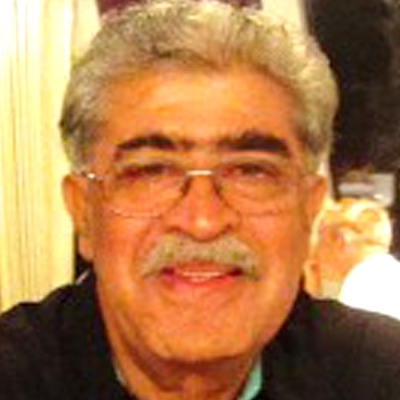Trust | Dr. Hiru Bijlani | Co-founder | Director | Goru Training Pvt Ltd
 Trust comes when a person is authentic, logical and empathetic.
Trust comes when a person is authentic, logical and empathetic.
If one of these is missing, trust does not happen.
Trust emerges from a sense of people who are considered honest, intelligent and competent. Thus judges and teachers are trusted more than politicians and journalists, because of their reputation of being trust worthy. So its trust worthiness, that determines, who you trust and who you don’t, based on your conditioning, experience and reputations of people.
In modern times, we have begun to trust strangers and even people and/or institutions, we do not have direct connections with.
In the past you could only trust a person based on various factors, as mentioned above, including instinct. But today, the nature of circumstances enables trust to happen even with institutions, organizations and strangers. For instance, people trust Air BNB, and go and live in the homes or offer their homes to people, they don’t know, because Air BNB has a process of verification and giving comfort to the person, who is trusting and who is trusted, both. Likewise Uber, an institution which enables people to trust riding in a car, they do not own or don’t know the details of.
So trust is happening in a variety of ways.
This form of trust emerges when there is a perception of reduced or no risk, which is assessed, even though the person is unknown.
Another extension of this example of Air BNB and Uber, is an organization, called Bla Bla Car.
Bla Bla Car is a software that enables people to share rides. So you can mention that you are riding to a certain place and other people may say that they will ride with you and share the cost of the ride and people take wrong rides, with people they don’t know. Of course there is a verification process and communication that ensures that you are riding with somebody with whom you have some compatibility for the journey. For instance, if the person is getting animals, you may not want animals in your vehicle or if the person wants to play loud music, talk a lot, doesn’t talk a lot, or doesn’t know your language, you can then determine whether you accept that person to ride in your car with you on a journey.
So trust has moved from an instinctive human behaviour and has extended beyond that to a level where it has evolved over the centuries, to people who are trust worthy, on the basis of the nature of their profession, occupation, in general, and of course, specifically, if one knows a person personally.
But it has now moved to an institutional level and it is now likely to increase, as our dependence on others increases and technology facilitates and makes things cost effective, to be able to taking a chance and trusting, in a more outreach manner.


